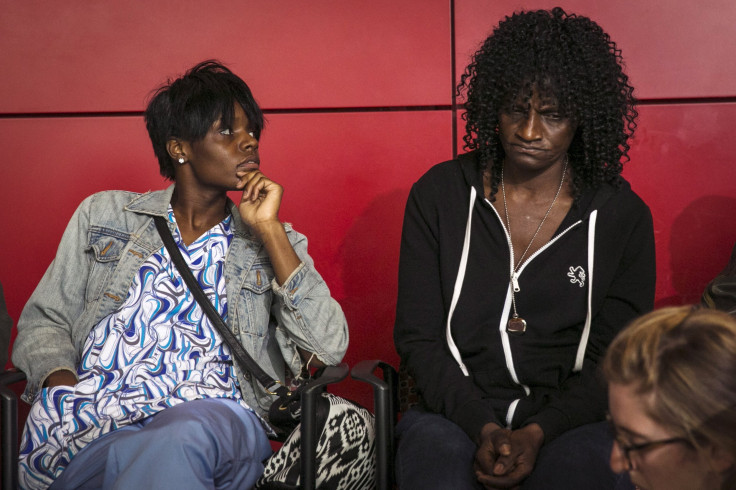Trial Of Baltimore Police Officer Charged In Man's Death To Start

(Reuters) - Trial begins on Monday for a Baltimore police officer charged in the death of a black man from an injury he suffered while in police custody that triggered rioting and protests and fueled a U.S. debate on police brutality.
Officer William Porter, 26, is the first of six officers scheduled for separate trials in Baltimore City Circuit Court for the death in April of Freddie Gray.
Trial will begin with jury selection. Judge Barry Williams last week ordered the identities of jurors to be shielded to keep them from facing outside pressure.
Gray, 25, died from a spinal injury suffered in the back of a police transport van after he was taken into custody. Porter is accused of ignoring Gray's requests for medical aid and not putting a seatbelt on him, even though he was shackled and handcuffed.
Porter faces charges of second-degree assault, manslaughter, misconduct in office and reckless endangerment. If convicted on all counts he could face more than 25 years in prison.
The other officers are charged with offenses ranging from second-degree murder for van driver Officer Caesar Goodson to misconduct.
Protests, rioting and looting flared in the largely black city after Gray's death, and National Guard troops were sent in and a curfew imposed to restore order. Gray's death added fuel to a national debate on police tactics and treatment of minorities.
Prosecutors have said they want Porter to testify first so they can use him as a potential witness against Goodson and Sergeant Alicia White.
Porter's lawyers have said in court papers that he was ready to testify in his own defense. Three of the six officers, including Porter, are black, and three are white.
David Jaros, a University of Baltimore associate law professor, said prosecutors face a tough challenge in convicting Porter and the other officers.
Police are normally reluctant to testify against other officers and judges and juries tend to acquit in misconduct cases, he said. Prosecutors also will have to show that a reasonable person would have tried to get Gray medical aid and that Porter failed to do so.
"I keep waiting for, if not a smoking gun, at least a warm weapon to reveal itself," he said.
Starting dates for the other trials are from Jan. 6 to March 9. Baltimore agreed in September to pay a $6.4 million civil settlement to Gray's family.
© Copyright IBTimes 2024. All rights reserved.











